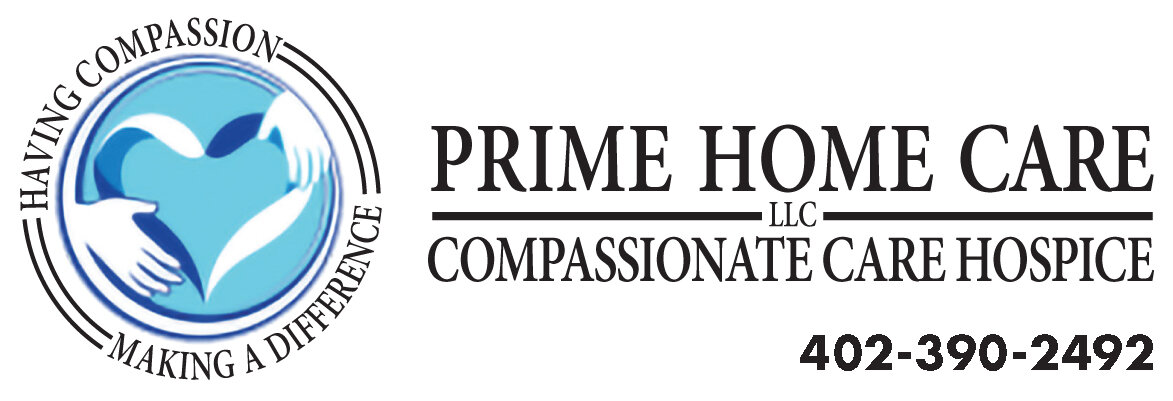Learn to Suffer Well... Michelle Chambers, RN
My life as a nurse has meant that through my professional experiences (and personal ones, too), I have learned to suffer well. The COVID-19 pandemic our world is currently facing has really challenged me to keep this mindset of “suffering well” at the forefront of my coping. Here’s what I mean:
Adversity inherently brings about pain, suffering, disappointments, frustrations, a feeling of helplessness and a slew of other feelings that impart suffering. I know that by accepting these feelings it will help me be stronger. I’ll be a better nurse; a better person. It’s part of personal growth. But dang, it’s not easy. Like most other skills, learning to suffer well requires conscious practice…practice at bouncing back; practice with moving forward…no matter what. In other words, adversity helps us practice resiliency so that we learn to suffer well.
Suffering makes me think of resilient people. Resilient people develop a mental capacity that allows them to adapt during times of adversity—they’re kind of like a bamboo branch that bends instead of breaks. They possess some powerful traits in order to do this. I’d like to think I possess those powerful traits, as I’m sure you do, too.
Here’s a small but mighty list of some traits I think resilient people have—hopefully you see yourself described here.
Resilient people accept their battle. Do we not get up every day ready to fight? We find ways to meet challenges head on just by embracing them. Once we accept the situation and let go of the outcome (we usually can’t control it anyway, right?), we can adapt and even thrive in the face of adversity. Think about a time when you had no choice but to accept the challenge in front of you. What traits did you possess to persevere?
We practice patience. The power of patience is a must in healthcare. We have no choice but to foster that patience trait in just about everything we do. Why? Because people count on us to come through and help, and, our “compassion for others” meter runs high. We’re not about to let anyone down.
We know when to let go. The physical reaction to fear and pain is called the "fight or flight" response. Letting go is an inner action that helps us resist fear. Letting go comes from having a nonjudgmental outlook toward people (and life) and keeps us humble. I think it’s our ability to let go that helps make us flexible and adaptable. Letting go is hardly easy as it takes a conscious effort. But learning to let go of the day’s negative or burdensome activities allows for a fresh start the next day. This is really important to our mindset to do.
We are flexible. I think this quote sums it up best: Lao Tzu said, "Water is fluid, soft, and yielding. But water will wear away rock, which is rigid and cannot yield. As a rule, whatever is fluid, soft, and yielding will overcome whatever is rigid and hard. What is soft is strong." Think about that. How flexible are you in times of adversity? If you think you’re soft, remember the quote.
The COVID-19 pandemic brings new challenges every day. I’ve learned to suffer well during this time…and I’m doing ok. How about you?
Michelle Chambers is a home health and hospice nurse and has been with Prime Home Care LLC Compassionate Care Hospice for many years. Her patients love her.
